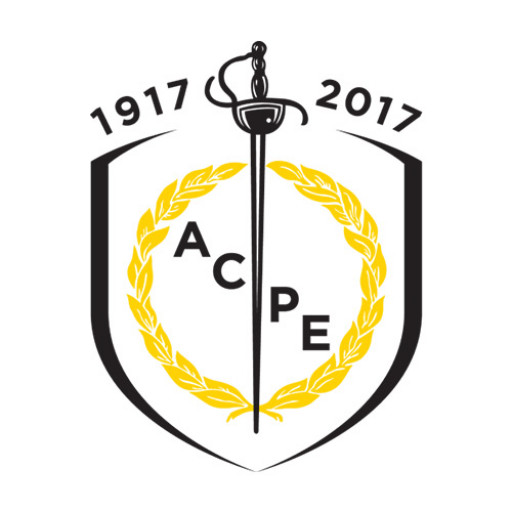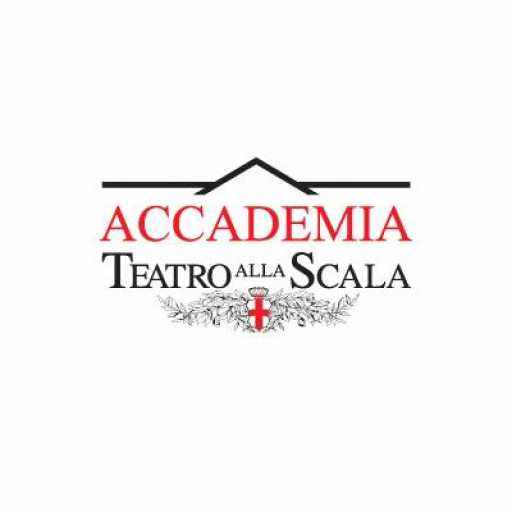Photos of university / #universiteitleiden
The Bachelor's degree in Biomedical Sciences at Leiden University offers a comprehensive and multidisciplinary education designed to prepare students for a variety of careers in the biomedical field. This program provides a solid foundation in the fundamental principles of biology, chemistry, and physics, combined with specialized knowledge in human biology, medical research, and healthcare sciences. Students will explore the molecular, cellular, and systemic aspects of the human body, gaining insights into health and disease mechanisms. The curriculum emphasizes experimental skills, data analysis, and critical thinking, equipping graduates to contribute to advancements in medical research, diagnostics, and treatment development. Throughout the programme, students engage in practical laboratory work, internships, and project-based learning to enhance their scientific competencies and professional skills. Leiden University's strong links with medical and research institutions globally allow students to participate in cutting-edge projects and internships, enriching their academic experience and boosting their employability. The programme also cultivates essential skills such as communication, teamwork, and ethical awareness, preparing students to work effectively in multidisciplinary teams. Upon graduation, students are well-positioned to pursue careers in biomedical research, healthcare, pharmaceuticals, or further academic studies at the master's level. The Bachelor's in Biomedical Sciences at Leiden University is ideal for students passionate about understanding the biological basis of health and disease, and eager to contribute to innovations that improve human health worldwide.
The Bachelor's degree in Biomedical Sciences: Education at Leiden University offers a comprehensive introduction to the essential principles underlying human health and disease. This programme is designed to provide students with a solid foundation in molecular biology, cell biology, physiology, biochemistry, and pathology, enabling them to understand the complex mechanisms that maintain the human body's functions. Throughout the programme, students explore how biological processes are interconnected and how they can be affected by genetic, environmental, and lifestyle factors. The curriculum emphasizes both theoretical knowledge and practical skills, preparing students to analyze scientific data, conduct experiments, and apply modern laboratory techniques.
In the first year, students acquire fundamental knowledge in biology, chemistry, and mathematics, establishing a strong base for advanced study. They engage in introductory courses covering cell biology, genetics, and biochemistry, along with practical lab sessions that develop essential experimental skills. The second year deepens understanding with courses focusing on physiology, microbiology, and immunology, alongside modules on research methods and critical scientific thinking. These modules aim to develop analytical skills, fostering a scientific mindset necessary for future research or healthcare roles.
The third year offers opportunities for specialization through elective courses and a focus on emerging areas such as biomedical imaging, molecular diagnostics, and personalized medicine. Students also undertake a research project, which involves designing, conducting, and analyzing experiments under supervision, culminating in a thesis. This hands-on research experience is vital for developing problem-solving skills and gaining insight into scientific inquiry.
Leiden University's Biomedical Sciences: Education programme emphasizes interdisciplinary learning, integrating biology with medical sciences and technology. Students are encouraged to work both independently and collaboratively in diverse research groups, fostering teamwork and communication skills. Additionally, the curriculum aligns with current developments in biomedical research, ensuring students are well-equipped with up-to-date knowledge and tools.
Graduates of this programme are prepared for a variety of careers in biomedical research, healthcare, biotechnology, and pharmaceuticals. Many students choose to continue their studies at the master's level, specializing further in areas such as molecular medicine, regenerative medicine, or pharmacology. Overall, the programme aims to cultivate scientists who are inquisitive, innovative, and equipped to contribute to advancements in human health and disease understanding.
Admission to the Biomedical Sciences: Education programme at Leiden University requires applicants to hold a relevant secondary school diploma that provides access to university education in the Netherlands or abroad. Applicants must meet the specific subject requirements, which typically include a solid background in biology and chemistry. Proficiency in English must be demonstrated through standardized tests such as TOEFL or IELTS, with minimum score requirements specified by the university. The selection process considers academic performance, motivation, and relevant extracurricular activities related to biomedical sciences. International students are encouraged to submit a motivated statement of purpose explaining their interest in the field, future career aspirations, and reasons for choosing Leiden University. Additional documents such as a curriculum vitae, letters of recommendation, or interviews may be requested depending on the applicant’s country of origin and educational background. There is no mandatory entrance exam for this programme, but prospective students are advised to ensure their academic credentials meet the requirements listed on the university's official admissions site. The programme values diverse educational backgrounds, but applicants must demonstrate adequate knowledge of biology, chemistry, and mathematics at pre-university level. Dutch students applying through the Dutch national system should adhere to the admissions criteria outlined by their secondary school diploma and subsequent qualifying examinations. The university also encourages early application, especially from international students, to ensure sufficient time for visa processing and registration procedures. Candidates are advised to review the specific entry requirements and deadlines on Leiden University’s official admissions webpage. The selection process aims to admit students who show strong academic potential and motivation to pursue biomedical sciences, emphasizing the importance of a well-rounded application. Additionally, the university offers preparatory or bridging courses for students whose secondary education does not fully meet the entry criteria, allowing them to strengthen their knowledge base before commencing the degree programme. Overall, the admission requirements for Biomedical Sciences: Education at Leiden University seek to identify candidates with a solid academic foundation, clear motivation, and the potential to succeed in a rigorous scientific environment.
The Biomedical Sciences: Education programme at Leiden University offers a variety of financing options for prospective students. Tuition fees vary depending on the student's nationality and study choice, with Dutch and EU/EEA students typically paying lower fees compared to non-EU/EEA students. For the academic year 2023-2024, the tuition fee for Dutch students is approximately €2,200 per year, while non-EU/EEA students can expect to pay around €20,000 annually. These fees are subject to change each academic year and students are advised to consult the official university website for the most current information.
In addition to tuition fees, students should consider additional expenses such as living costs, study materials, health insurance, and travel costs. The estimated living expenses in Leiden for international students amount to approximately €11,000 to €15,000 per year, covering accommodation, food, transportation, and personal expenses. Students are encouraged to plan their finances accordingly to ensure they can comfortably cover these costs throughout their studies.
Leiden University offers various financial aid options, including scholarships and grants for both domestic and international students. The Holland Scholarship is available for students from outside the European Economic Area (EEA), providing a one-time award to assist with living costs. Additionally, the university participates in external scholarship programs such as Erasmus+ and other national funding schemes. Prospective students should thoroughly research and apply early for these scholarships, as competition can be intense.
Part-time work is another avenue for financing studies, with students allowed to work a certain number of hours per week during the academic year. The Netherlands has a robust job market for students, and international students from EU/EEA countries can work without restrictions, while non-EU/EEA students may have limitations on working hours. Universities often facilitate job placement services and workshops to support students in finding part-time employment.
Loan options are available through Dutch government schemes for Dutch and EU/EEA students, whereas international students from other regions often need to rely on private loans or family support. It is important to consider the long-term financial implications of loans and scholarships and to seek financial guidance from university advisors.
Overall, financing a Biomedical Sciences: Education degree at Leiden University requires careful planning, considering tuition, living costs, potential financial aid, and opportunities for part-time work. With a variety of funding options and support services available, students can effectively manage the costs associated with their education at Leiden University.
The Bachelor's degree in Biomedical Sciences: Education at Leiden University offers students a comprehensive foundation in the biological and medical sciences, preparing them for careers in healthcare, research, and related fields. The program focuses on understanding the structure and function of the human body, the molecular mechanisms underlying health and disease, and the latest developments in biomedical research. Students gain practical laboratory skills, critical thinking abilities, and an understanding of ethical issues related to biomedical sciences. The curriculum includes courses such as cell and molecular biology, human physiology, biochemistry, genetics, microbiology, and immunology. Throughout the program, students are encouraged to develop a scientific mindset, to engage in research projects, and to collaborate with peers and faculty. The program emphasizes problem-solving skills and the application of scientific knowledge to real-world health challenges. Leiden University collaborates with hospitals and research institutes, providing students with opportunities for internships and practical training. Graduates are well-equipped for further studies at the master's level in biomedical sciences, medicine, or related disciplines, or for entry into research and industry roles. The university's state-of-the-art facilities, dedicated faculty, and strong international orientation create an enriching academic environment. The program also aims to foster critical thinking, ethical awareness, and lifelong learning skills essential for a successful career in biomedical sciences.






